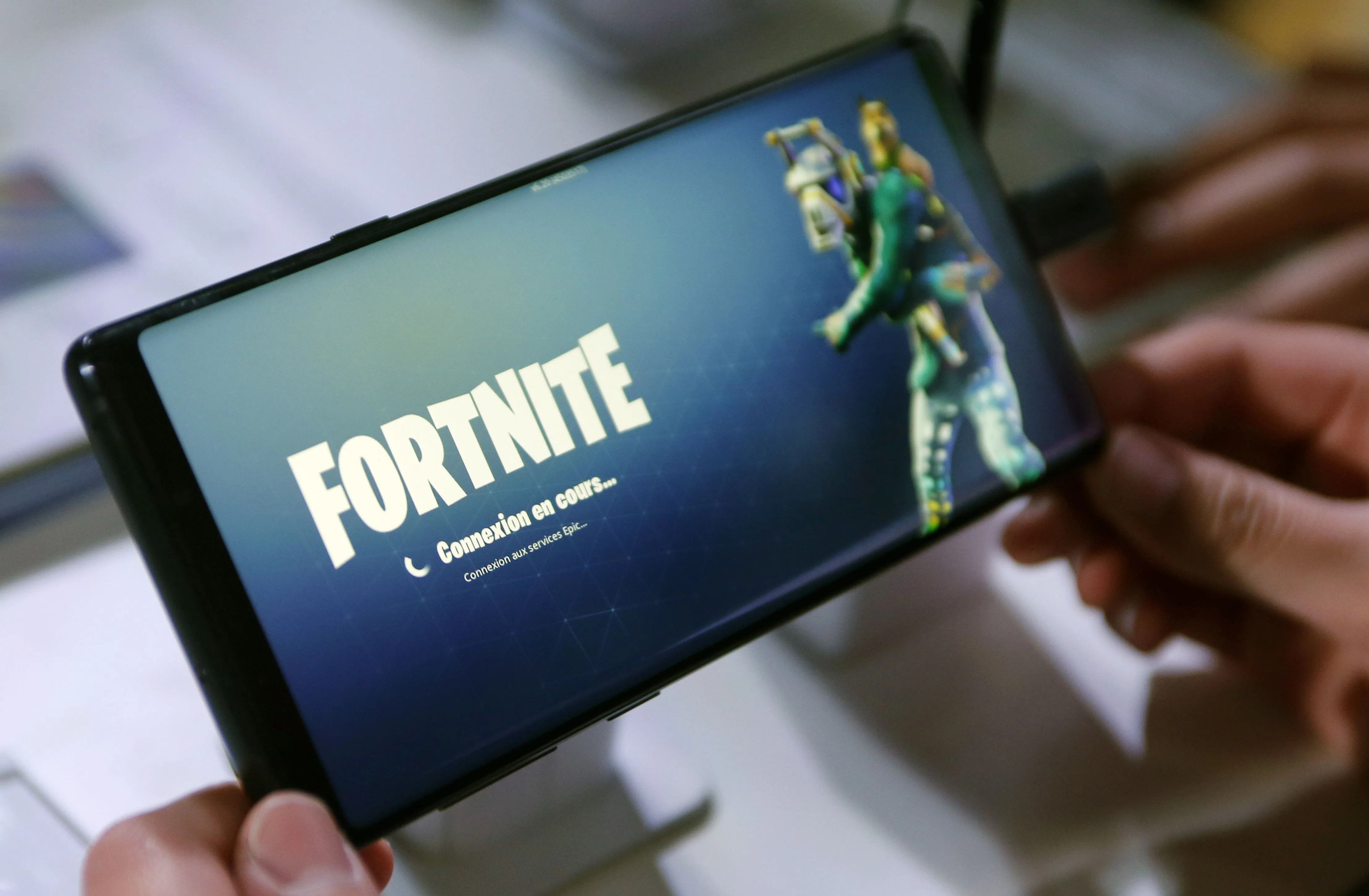Yesterday, Apple removed the juggernaut battle royale game Fortnite from its store. Immediately, Epic Games filed a lawsuit against the iPhone maker, clearly having prepared for the confrontation. Soon, Google Play removed the game as well, and Epic launched another suit in the search giant’s direction. The flurry of action marks the transition of one of tech’s simmering cold wars into a hot one that could change everything about how apps are bought and sold.
Apple and Google didn’t remove Fortnite for no reason; Epic Games prodded them into action when it broke an increasingly fraught app store taboo. Before, it begrudgingly used each store’s approved in-app payment system, which levies a 30% tax to Apple or Google on every transaction. Then Epic changed to its own independent system, circumventing that cost and breaking each store’s requirements, all hell broke loose.
This “Apple tax” has been a growing point of contention for app developers, particularly on iOS which limits installation exclusively to App Store apps. Prior to the Epic Games showdown, a whole host of smaller companies like Spotify, Tinder-owner Match Group, and the makers of the new paid email service “Hey” started pushing against this practice in the EU. Now Epic Games is opening up a new, major front in the war.
Epic’s twin lawsuits take slightly different approaches to the two app stores. In Apple’s case, it takes issue with Apple’s completely monopoly over app sales on its phones. Android, by contrast, does allow third-party apps to be “sideloaded” from outside the app store, and Epic’s suit alleges Google uses obfuscation and security warnings to make the practice confusing and scary to the average user, gently confining them to the relative safety of Google’s preferred store.
Apple and Google, for their parts, argue they’re entitled to the cut they require of apps in their store, as those apps make use of their development tools, and benefit from their app store ecosystem, and essentially wouldn’t be possible without the groundwork they’ve laid. Epic, Games, however, with massive Fortnite success on other platforms, its own app store, and a history of distributing the Fortnite Android app outside Google’s Play Store is pretty uniquely positioned to argue this is not in fact the case, and that Apple and Google have been holding it back and extorting it.
What’s at stake? In its lawsuit against Apple, Epic suggests it could run its own competing app store on iOS, complete with its own processing payment scheme. Or, in short, that the walls of Apple’s long-time walled garden should come tumbling down. A ruling to that effect would, with no exaggeration, completely change the face of app development as we know it.
The lawsuits come at a tricky time for the tech giants, whose CEO’s recently appeared in front of Congress to speak to concerns of anti-trust issues, and this conflict does not help their positions at all. And as the altercation makes life inconvenient for Fortnite fans — a situation Epic Games is explicitly blaming on Apple inside the game itself — the backlash is only poised to grow. Meanwhile, as Apple’s hardware sales have flagged, it is increasingly reliant on software and service revenue for growth, rumored to be pushing out its own service bundle this fall. This isn’t quite a fight it can afford to just sit back and lose.
Get ready for a hell of a fight.
